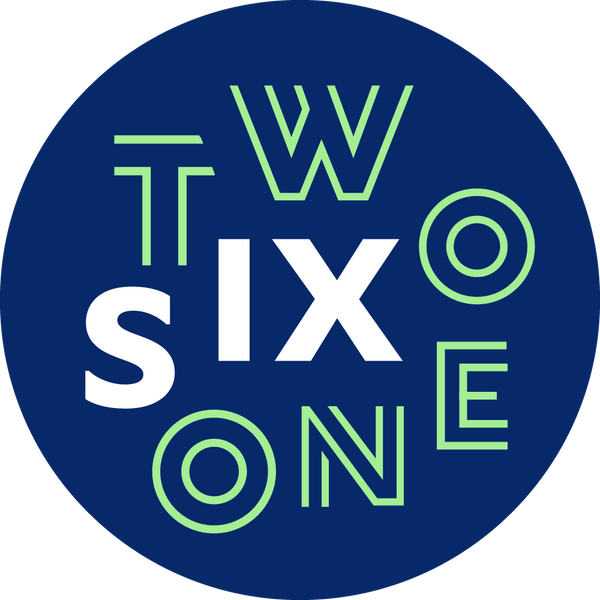EP 14 - Cathy Freeman, the icon of sport and the fight for Aboriginal rights
The excitement in the stands, the spotlight on the track at the 2000 Sydney Olympics , and an athlete, an icon, ready to make history.
Cathy Freeman, an Olympic champion (really) like no other! 🌟
Cathy Freeman represents much more than her exploits on the track. She represents strength and commitment to her Aboriginal community.
His journey, marked by resilience, adversity and determination, goes beyond the simple sporting framework to become a symbol of the fight for the rights of indigenous peoples.
A childhood marked by struggle and resilience
Cathy Freeman was born in Mackay, Australia, in 1973. She escaped the "Stolen Generations," the mixed-race children taken from their parents by the government to "cut them off from their roots" and raise them in a Western way.
She still inherits a long history of suffering. Her grandmother, Alice, was taken from her parents at the age of 8 to be raised in a Christian home on Palm Island. It was here that Cecelia, Cathy's mother, was born. Married at 18, she was allowed to leave Palm Island to raise her family in Mackay.
At a very young age, Cathy was confronted with alcoholism, violence and then the absence of her father, the disability of her sister, Anne-Marie, and the financial difficulties of her family.
She started running at school as a child, but she quickly faced the harsh reality of life: when she won a race, she was not allowed to win trophies... they were reserved for white girls .
Cathy faced racism throughout her childhood.
“When I was young, my cousin and I were confronted with the reality of being Indigenous and Black. The fact is, we were embarrassed to be Black. We felt it strongly, this feeling that our families, outside of the community, were rejected. As a young girl, it was hard to bear that, and even later. We are descended from people who suffered a lot, and we continued to carry that pain.”
The brilliance of a rising star on the track
As a teenager, her stepfather coached her and enrolled her in school, regional, and then national competitions. From the very beginning of her athletics career, Cathy Freeman impressed with her speed and determination.
She quickly became one of the most promising athletes in Australia and the world. At 17, she won her first Commonwealth Games gold medal in the 4 x 100 meters, which she ran in 43.87 seconds.
Between 1990 and 2002, Cathy had a string of successes:
1992 : 2nd at the World Junior Championships in Seoul in the 200m
1994 : Commonwealth Games gold medal in the 200m and 400m and 2nd in the 4 x 100m
1995 : 3rd at the World Championships in Gothenburg in the 4 x 400m
1996 : 2nd at the Atlanta Olympic Games in the 400m and 1st at the Grand Prix Final in the 400m as well
1997 : Gold medal at the Athens World Championships in the 400m
1999 : Gold medal at the World Championships in Seville in the 400m
2000 : Gold medal at the Sydney Olympic Games in the 400m
2002 : Gold medal at the Commonwealth Games in the 4 x 400m
😨Fiouuu… Quite a winner!
Unwavering determination
In 1993, Cathy was eliminated in the semi-finals of the World Championships.
On the plane home, she wrote her goal for the 400m at the 1996 Games on an airsickness bag: "48.60 ATLANTA . "
In fact, she will do it in 48.63 sec.
This earned her a silver medal and made her the first Aboriginal woman to win a medal in an individual event.
The symbolic victory at the Sydney Olympic Games
Cathy Freeman lights the Olympic flame at the Games Opening Ceremony 🔥
His performance at the 2000 Sydney Olympics was more than just a victory.
By proudly waving the Australian and Aboriginal flags, despite the IOC's official rules banning any flag other than the national (i.e., Australian) flag, she sends a powerful message of pride and a reaffirmation of her cultural identity. Her bold gesture defies convention and underscores the importance of recognizing Indigenous peoples in Australian society.
She became the only athlete to have lit the flame and won the gold medal in the same Games!
Remember Marie-José Pérec? We talked about her in this episode here . She should have been there, opposite Cathy. But the excitement surrounding Freeman is so strong in Australia that it quickly turns into hell for Marie-Jo.
Commitment to social justice and education
In 2003, Freeman announced the end of her career. But she continued her fight for social justice and equal opportunity.
She founded the “Cathy Freeman Foundation” which works for equal opportunities in education for Aboriginal children in Australia.
A legacy of resilience and hope
Today, Freeman remains an iconic figure in the struggle for Aboriginal rights and the quest for equality in Australia.
His legacy extends far beyond the athletics track, it is embedded in the collective consciousness of an entire country and continues to guide future generations towards a more inclusive and equitable future.
Cathy Freeman is much more than an Olympic champion; she is a symbol of courage, determination, and the fight for social justice. Her story reminds us of the importance of resilience, solidarity, and perseverance.
